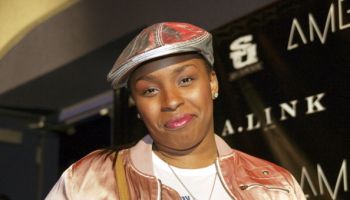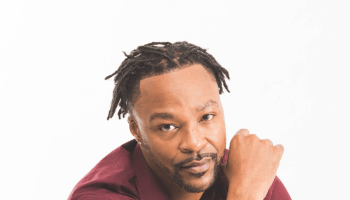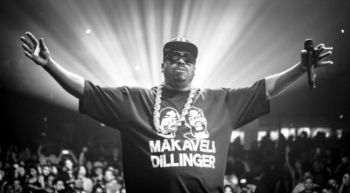If you haven’t been near a TV with a cable news channel on it over the weekend, then you might have missed that same-sex marriage legislation was passed and signed into law by New York Gov. Andrew Cuomo late Friday night.
Although it was hailed by many, the question is what’s next and where does it go from here politically? On Sunday’s “Fox News Sunday,” during the Web-only “Panel Plus” segment, Fox News contributor Brit Hume predicted “a major political collision” between the states that have legalized it and those that haven’t and won’t.
“I don’t see how this ends up being anything other than eventually some major political collision between the states that have gone ahead and done this,” Hume said. “I don’t think national popular sentiment supports it although it may be easing on this issue. I don’t think it’s going to be a major issue in the 2012 election but it is very explosive to the people who oppose it. It is an unthinkable outcome to those who are for it. It is the only course of progress, it’s tolerance itself. It does not seem that you know, these arrangements where people are allowed the same rights but not actual marriage is going to satisfy the gay lobby which very much wants to have marriage between a man and a man, and a woman and a woman, and have the universally recognized.”
But Fox News contributor Juan Williams said this had implications for one of President Barack Obama’s major constituencies, the black community. He explained why this issue is where the black community and the White House differ from each other.
“[I]n the black community, people just can’t understand Obama on this issue because there just is not the strength of support for any form of gay union, gay marriage, civil [unions],” Williams said. “That’s what happened in California if you recall in terms of that referendum that sunk this effort in California. I don’t think the black community is going to walk away from President Obama on this but it is a fascinating dynamic to sit down with black ministers, black social leaders and talk about this. I mean they are back in the ’50s on this subject.”
Click here to continue reading.
SOURCE: Daily Caller
Jeff Poor
http://video.foxnews.com/v/embed.js?id=1024372752001&w=466&h=263Watch the latest video at video.foxnews.com
Most Views
- Mary Mary Admit To Having An Argument Before BET Awards [EXCLUSIVE VIDEO]
- BET Gospel Nominations For 2011 Awards Show
- Mary Mary Win BET Award; Shirley Caesar Part Of Tribute To Patti LaBelle
- Northeast Ohio Independence Day Fireworks Schedule 2011
- Photos: Michelle Obama In Botswana; Hangs Out With Oprah
- Video: My Lady And Myself By Fred Hammond
- Mary Mary, At 24th ASCAP Rhythm & Soul Music Awards & BET Awards
- Radio One Founder Cathy Hughes Talks About New Christian Website
- Audio: The Bishop Secular Re-Wind {June 24th 2011}
- Chinese Men Marrying African Women, A New Trend?














